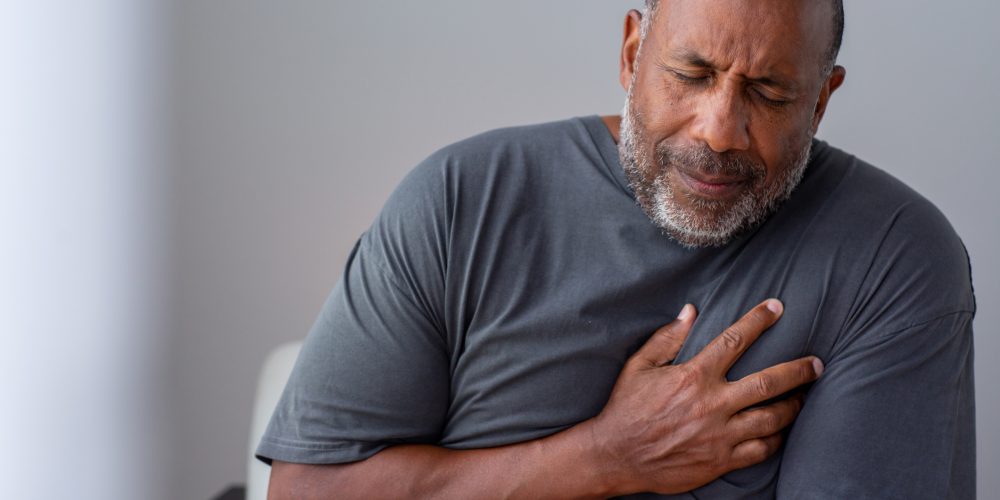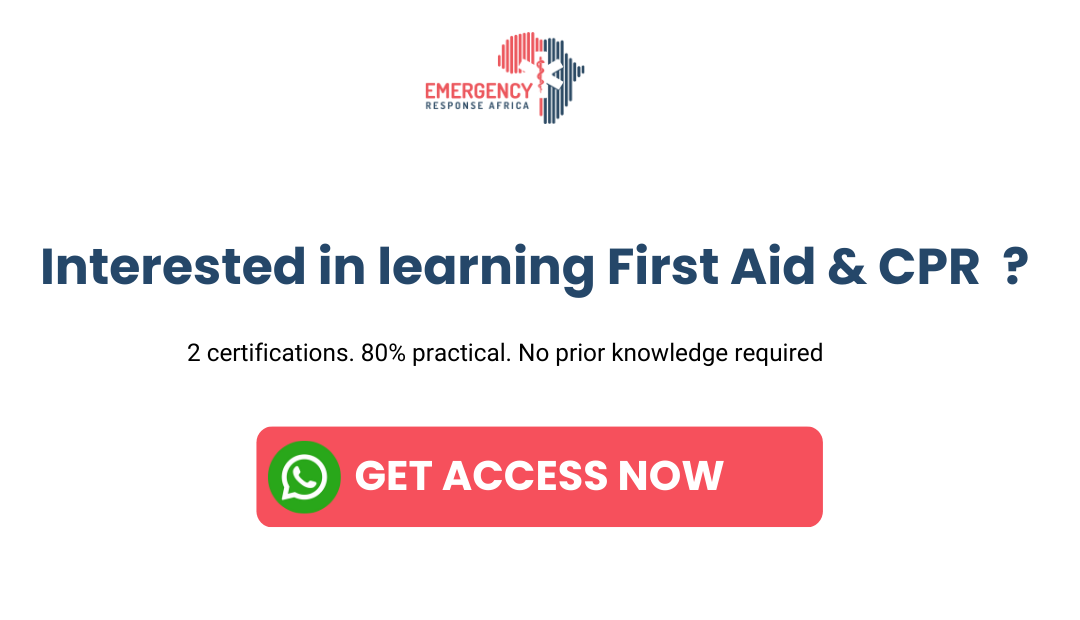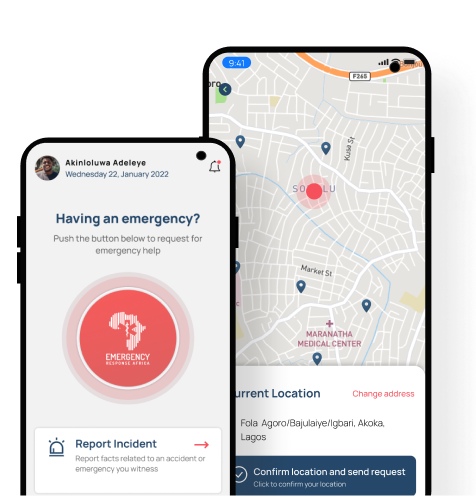When there is a blockage in blood circulation, it causes heart attacks. When this happens, the heart muscle is suddenly blocked, and the heart fails to work effectively. First aid for treatment for heart attack is to do a cardiopulmonary resuscitation (CPR). It can help save a person’s life.
What is Heart Attack
A heart attack is heart damage caused by reduced blood flow in the heart muscles. It is fondly called myocardial infarction. Usually, a heart attack is known to cause pain that lasts more than 10 minutes. Chest pains like this could be mild or severe, depending on when the symptoms were discovered. Sometimes, some victims do not get chest pain.
Every 33 seconds, there is someone who dies of a heart attack, and 70,000 lives will be saved if bystanders were more conscious and helpful to heart attack victims and helped them. Saving the life of a heart attack victim or losing it most times is determined by the first aid treatment administered to the victim.
In the case of a heart attack, calling the first responders or medical emergency team will be the first thing to do. Then, you can do cardiopulmonary resuscitation (CPR) to restore breathing before help comes.
Symptoms and Signs Associated with Heart Attack
Various heart attack signs and symptoms are disguised as symptoms for other conditions, although chest pain is the most commonly known symptom; however, more exist. Most of these symptoms do not show at all, especially in people who have a history of diabetes. Also, the symptoms will be less evident in some women, especially in women. These symptoms of a heart attack may include:
- Tightness in the chest region or aching pain in the chest.
- Discomfort around the shoulder, neck and arm and, a few times, the upper region of the belly.
- Stress and Sweats that are cold.
- Lightheadedness and Dizziness
- Nausea feeling and heartburn
- Difficulty in breathing
- indigestion of food.
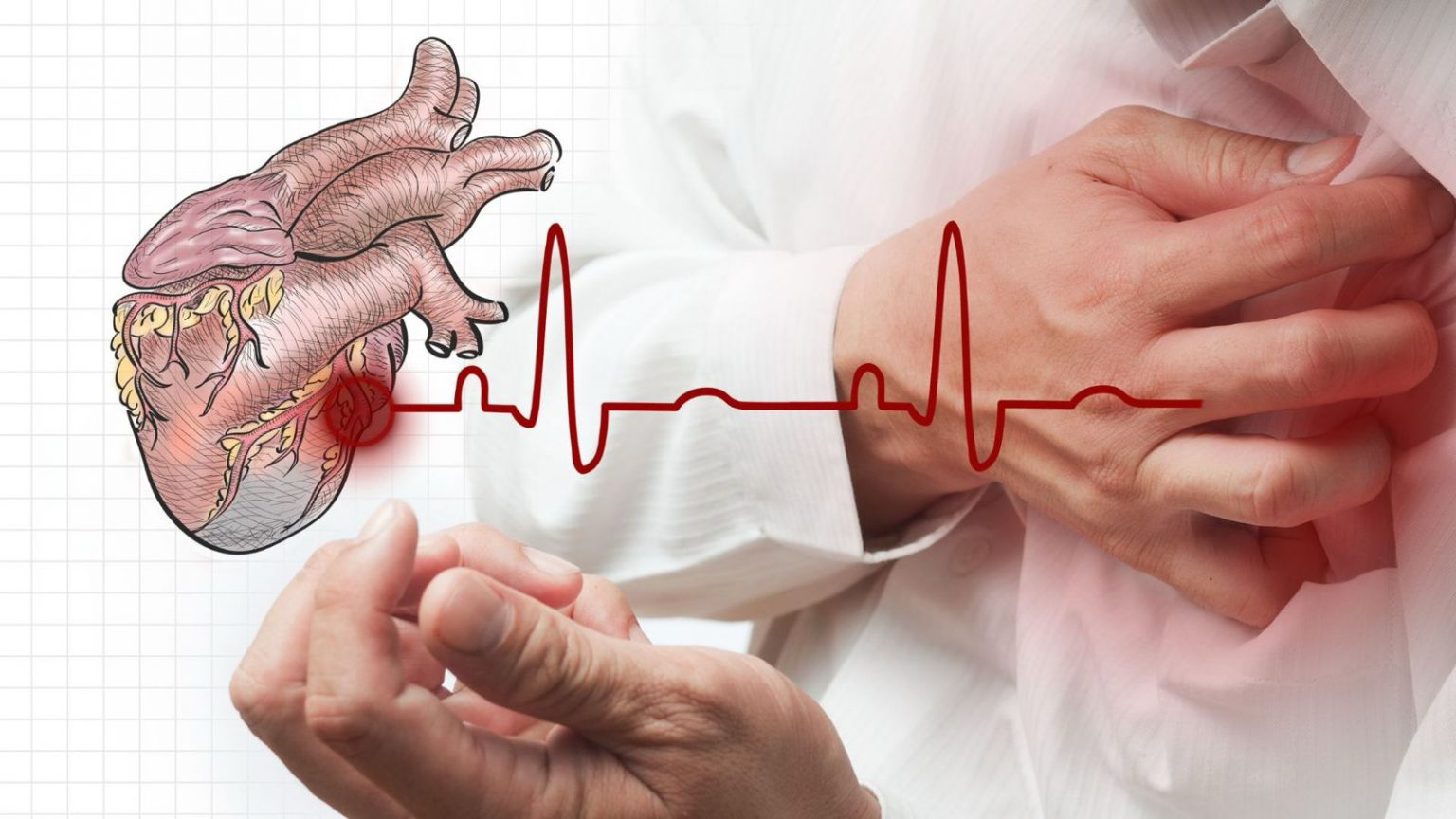
Causes Of Heart Attack To The Body
Myocardial infraction as it is commonly referred to which causes obstruction in blood circulation for various reasons;
- Atherosclerosis (Artery disease)
- Hypertension
- Tobacco consumption
- Overweight
- Diabetes
- Elevated levels of cholesterol
- A family history of heart disease
- Inactivity
- Anxiety and tension
- Excessive drinking
- Using illegal drugs
These factors can cause a heart attack or rather trigger it, and first aid treatment for a heart attack is needed to maintain a healthy lifestyle.
First Aid Treatment for Heart Attack
- Call your local emergency number: Emergency Response Africa provides emergency response for heart attacks and other health-related issues, and we will help drive you to the nearest hospital for immediate treatment.
- Take Aspirin: While waiting for an emergency response, you can take an aspirin shot if asked to by the medical first responder. Call for help before taking an aspirin.
- Start CPR: If the person is not responding to pulse and is out of breath, then you should run the victim through the CPR process to restore consciousness. Do 100 to 120 times per minute chest impression with your hand in the middle of the chest before you give mouth-to-mouth resuscitation.
- Usage of Automated external defibrillator (AED): Where AED is available, you can follow the instructions on the pack to shock the victim back to life.
RELATED SERVICE
Prevention and Precautions of Heart Attack
Follow these preventive measures to maintain a healthy heart and a longer life span.
- Smoking is terrible for your health. It is cancerous and destroys the heart faster.
- Exercising gives you a longer lifespan and reduces the chances of having other health challenges. At least do exercise 10 minutes a day.
- Dieting is as essential as exercising and maintaining a lifestyle of eating healthy meals with zero junk.
- Watch your weight and ensure that you reduce the chances of being obese; this can be ensured by exercising and a balanced diet.
- Sleep well; 7 to 8 hours will keep your heart healthy.
- Choose to be happy always, maintain a lifestyle of peace, meditate and spend quality time with loved ones and family.
- Check your cholesterol blood pressure, and sugar levels occasionally, and seek medical advice.
Also, it’s a good idea to learn CPR and how to use an AED to help someone who’s having a heart attack. Ask your healthcare team if any accredited first-aid training courses are available.
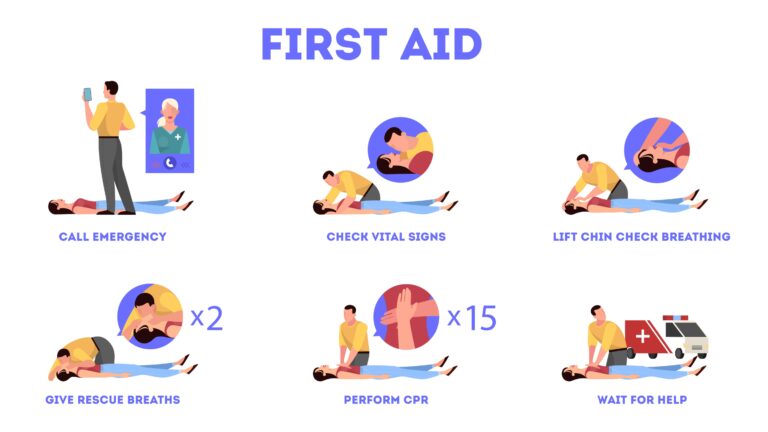
What Not To Do If Heart Attack Occurs?
If someone experiences a heart attack, there are specific actions you should refrain from taking, such as:
- Panicking: When you offer initial medical assistance, it’s important to remain composed and attentive.
- Leaving the person unattended: Stick with the individual and soothe them until medical assistance arrives.
- Allowing the person to drive, walk, or run to the hospital: Excessive movement can lead to heart stress and deteriorate the situation.
- Ignoring the symptoms: Don’t presume the indications are merely temporary symptoms or heartburn. Take them earnestly and promptly consult a medical professional.
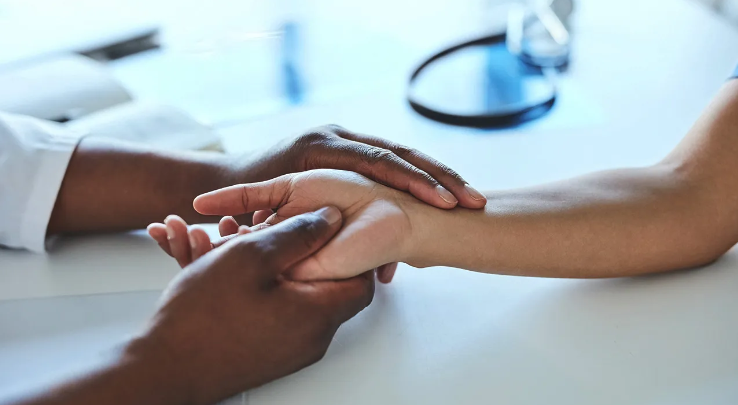
Never Forget these Points
- Waiting till the victim slumps is not a good idea. In a situation where you suspect a heart attack, please call the first responder or call the attention of a medical expert.
- Never drive to the hospital or call an emergency response team to bring their ambulance service. They will quickly see that it is an emergency and know the closest hospital to your location.
- Have insurance cover the health of your family and yourself, as most insurance covers emergency care to avoid issues and allow the victim to be responded to.
Emergency Response Africa (ERA)
ERA first aid and CPR courses teach critical life-saving skills, including recognising signs of breathing and circulation emergencies and calling for help, performing CPR, and using an AED.
“CPR, when used with an AED and started immediately after a heart attack, can double a person’s chance of surviving,” says Don Marentette, Director of First Aid Education programs for the Canadian Red Cross”.
Ensure you’re prepared for standard first aid emergencies; learn more: https://emergencyresponseafrica.com/ – and get a class near you.
Enrol for our first aid and CPR service or Contact us at (+234)8085309007 (+234)8089200630 or Email Us – at contact@emergencyresponseafrica.com

